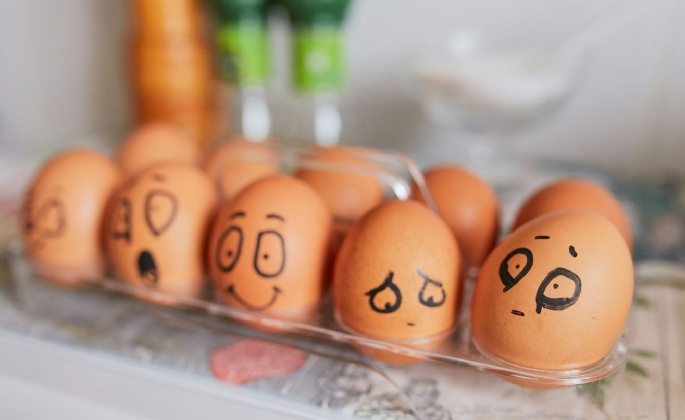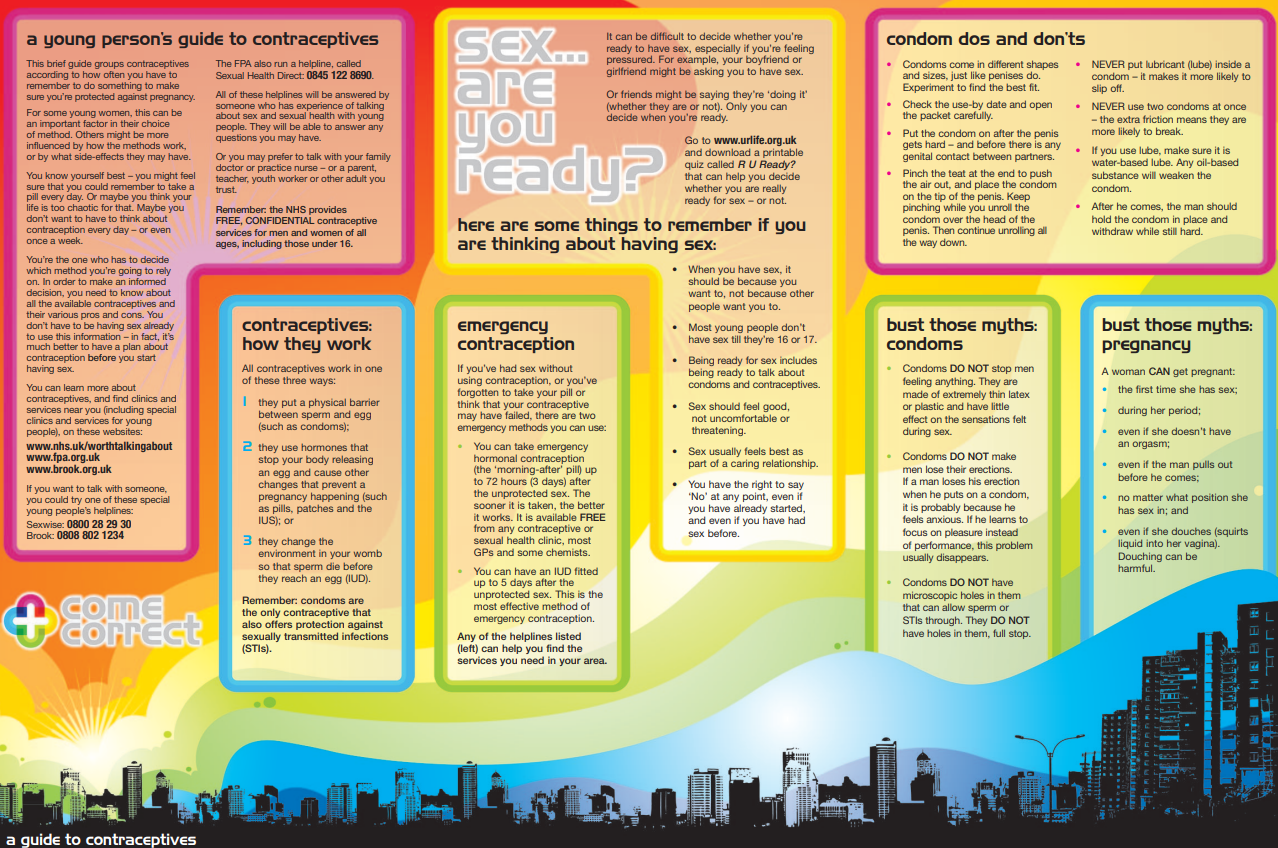PSHE Tasks: Week Commencing 7/10/24

Please see tasks below for Key stage 3, Key Stage 4 and Careers for the week commencing 7/10/24.
For friendly feedback, email your work to: yvonne.prendergast@pilgrim.lincs.sch.uk
Key Stage 3 PSHE Topic - Health and Wellbeing Puberty and Emotional Changes
Objectives
Describe physical and emotional changes that occur in puberty.
Evaluate how emotional changes impact on relationships.
Develop strategies for managing emotional change.
Know where to seek support for ‘period poverty’.
Information
Puberty is the stage in someone’s life when they develop from a child into an adult because of changes in their body that make them able to have children. These physical changes are accompanied by emotional changes as we develop our identities and our hormones change.
Tasks
1. Sort the following changes under these three headings:
- Biologically male
- Anyone
- Biologically female
Voice gets deeper; moods change quickly; spots appear; periods (menstruation) start; penis and testes grow; breasts begin to grow; hair starts to grow under arms; some people begin to masturbate; hair starts to grow on face; start to sweat more and smell differently; hips widen; body starts to change shape and size; a white liquid (discharge) starts coming out of the vagina; sexual feelings may begin; shoulders become wider; emotions and feelings become intense; sperm starts being produced; hair may become greasy; hair starts to grow around the genitals; eggs start to mature; there may be spontaneous erections and wet dreams; confusion about maturity; sometimes nipples become fuller or darker; can feel teary or angry for no reason
2. Explain or create a cartoon strip to represent how the following changes might have an effect on the relationships people have with others:
- Mood swings
- Development of sexual feelings
- Confusion about maturity
- Feelings of intense emotions
- Feeling teary or angry for no reason
3. Bear in mind the following tips to deal with rising conflict in emotions
- Stay calm
- Be positive and solution focused
- Make clear points
- Be open and honest
- Be willing to negotiate
Respond to give advice to people in question 2.
Useful Information for young people who are menstruating (having periods)
Period poverty is the inability to afford or access menstrual products, sanitation, hygiene facilities and awareness to manage menstrual health. Free supplies can be obtained from:
- State-maintained schools and colleges 16 –19 or apprenticeship workplaces must provide a range of free sanitary products for girls to access (whether forgotten, unexpected or unaffordable) to ensure period poverty is not a barrier to attending education while tackling stigma and ‘period shaming’ issues
- Sexual health and contraceptive clinics
- Some food banks
- Contact local directory for search of free period supplies or basic need
- Charity Hey Girls www.heygirls.co.uk have links in different areas for products
The following more sustainable products may be more economically long term than disposable pads and tampons.
Research the price, pros and cons of each product:
- Period cups (moon cups)
- Period pants
- Reusable pads
You can talk to:
Your PSWS regarding hygiene products and relationships
Childline – Phone 0800111 or online chat www.childline.org.uk
Relate Relationship Advice - Phone 0300 100 1234 or chat online www.relate.org.uk
Brook - Phone 0808 802 1234 or visit their website www.askbrook.org.uk
Extension
Research and explain the term ‘period poverty’, taboo and stigma associated with periods.
Key Stage 4 PSHE Topic – Health, Wellbeing And Relationships Contraception
Objectives
Understand how to choose and access appropriate contraception, including emergency contraception and negotiate use with a partner.
Information
Sexual health is an important part of leading a healthy life-style and preventing unwanted pregnancy and sexually transmitted infections. It is important to be able to name, describe and explain how they work, the benefits and disadvantages of different contraceptives so you can make choices and decisions to manage your own sexual health.
There are also a range of circumstances in which people might find themselves in need of emergency contraception, for example, if they have experienced unexpected or unprepared for sex, sex while under the influence of alcohol or drugs, if their normal contraception has failed or they have experienced assault. It is consequently important to know where and how emergency contraception can be found and what it entails.
Tasks
1. Read the attached poster on pregnancy, myths, pregnancy and contraception and guide to emergency contraception.

Emergency Contraception Leaflet
2. Research contraceptive advice and information further at www.fpa.org.uk/contraception website. This will also have links to the NHS website and sign post to services in your local area.
Extension
Suggest and describe ways to promote sexual health for young people.
Suggest four contraceptives that are most suitable for young people, how they work, factors that can affect their efficacy.
Explain which form of contraception would be most suitable for different people, for example, single woman, same sex couple, young single men, couple in their forties who do not want any more children, couple who may want a child in the future.
Key Stage 3 and Key Stage 4 Careers
Objectives
Review organisational, learning, research and presentation skills
Set realistic but ambitious targets and goals
Information
We all learn in different ways. It is important to know which strategies work for you so that you can be a lifelong learner.
Complete the Vark What Type of Learner Am I Quiz below. Use the Tips and Ideas for different ways of learning to create a poster or information sheet about yourself and what you think will help you work, remember and revise.
Try to produce examples in preferred ways of learning in different subject areas such as spelling, maths, formulas, science or a favourite history period or terms used in Information Technology. Identify how these skills can be used outside school, for example, cooking, revising, participating in a sport or hobby.
Explain how the following items can help you organise yourself inside and outside school. Give examples of what you would use them for and the sort of information you would put on them. Consider the pros and cons of each.
- Wall calendars and charts
- Diaries
- Folders and dividers
- Electronic phone alerts
- Notebook on phone
- Electronic files
